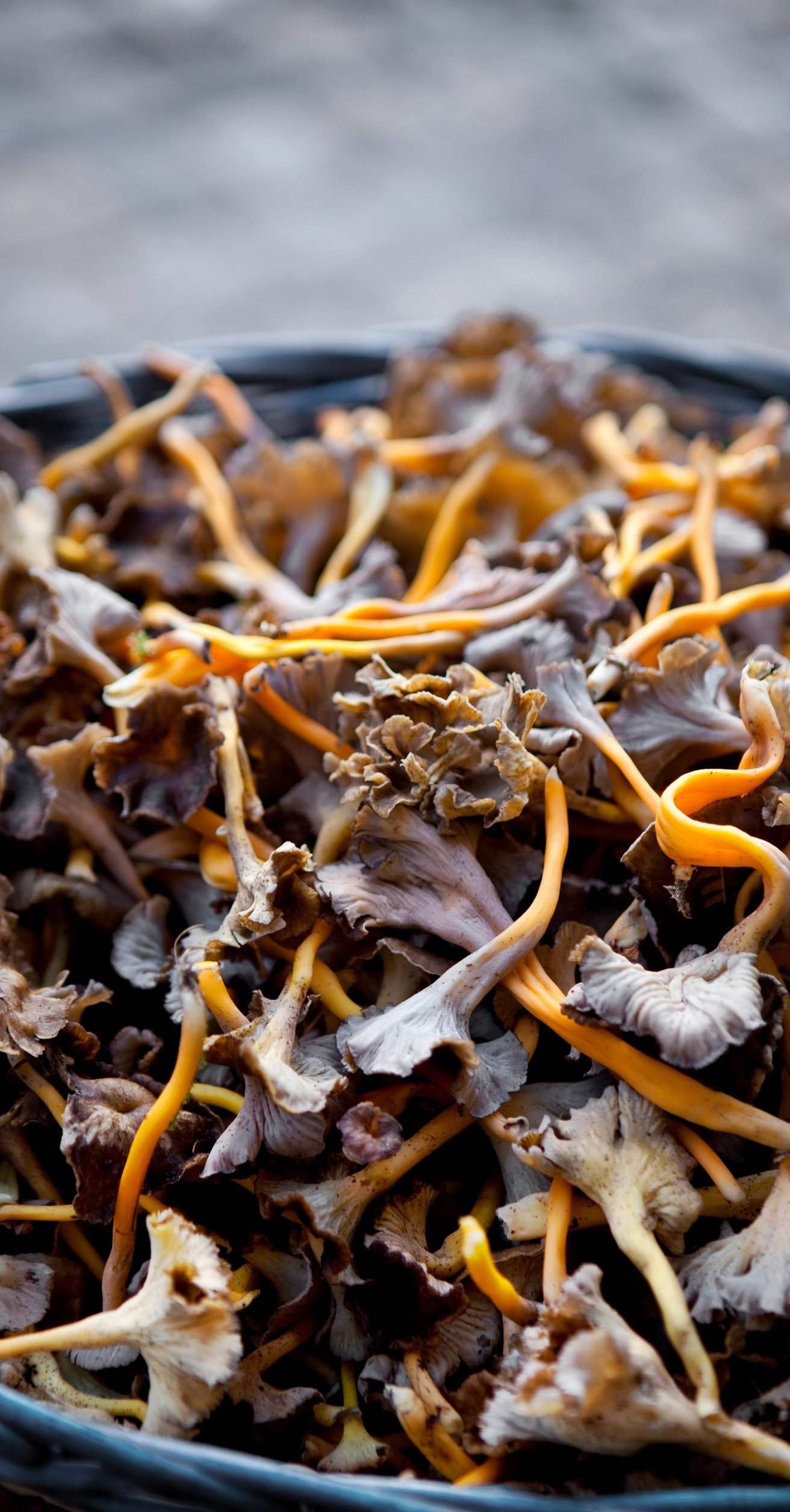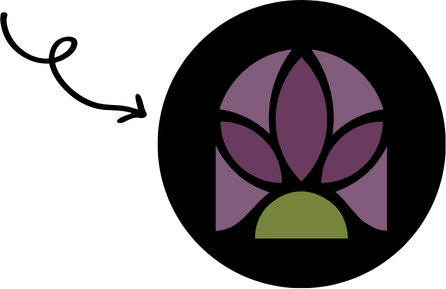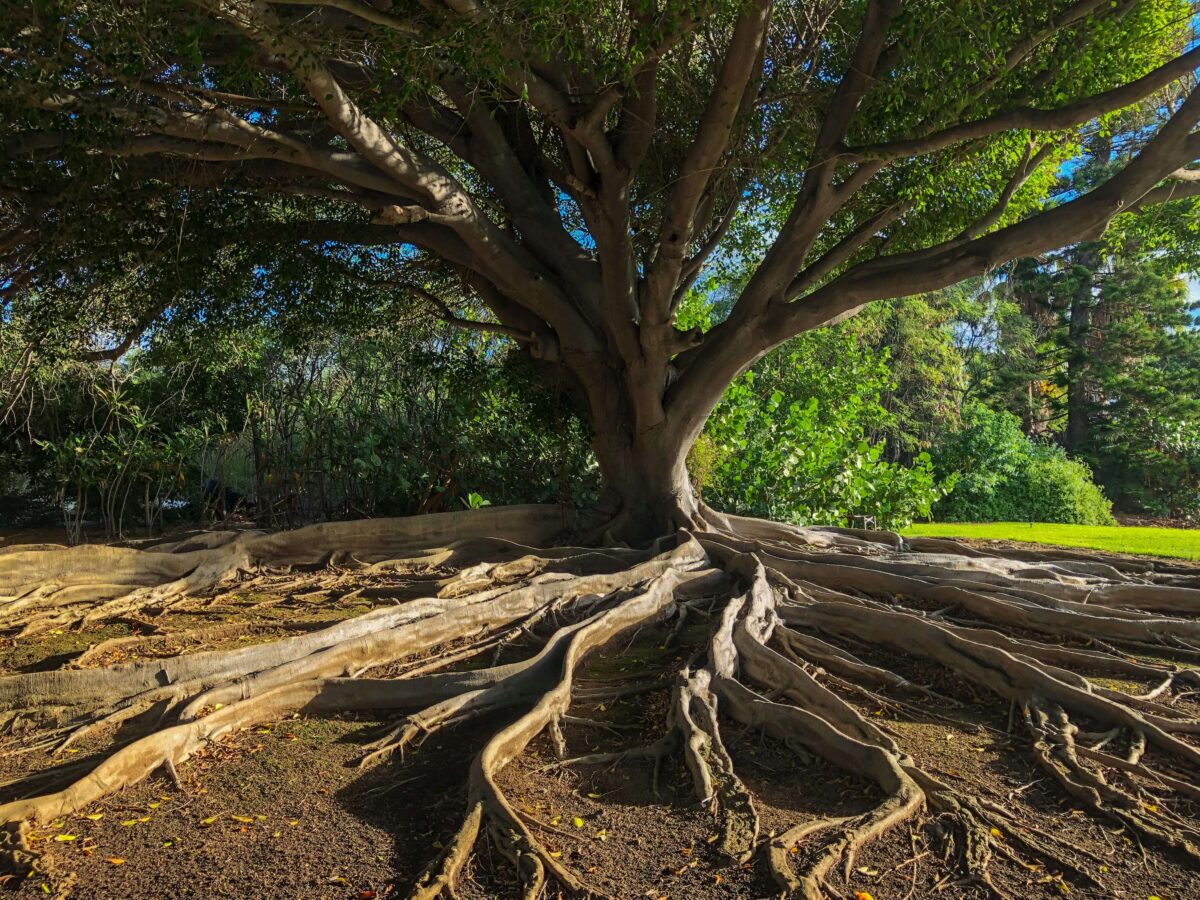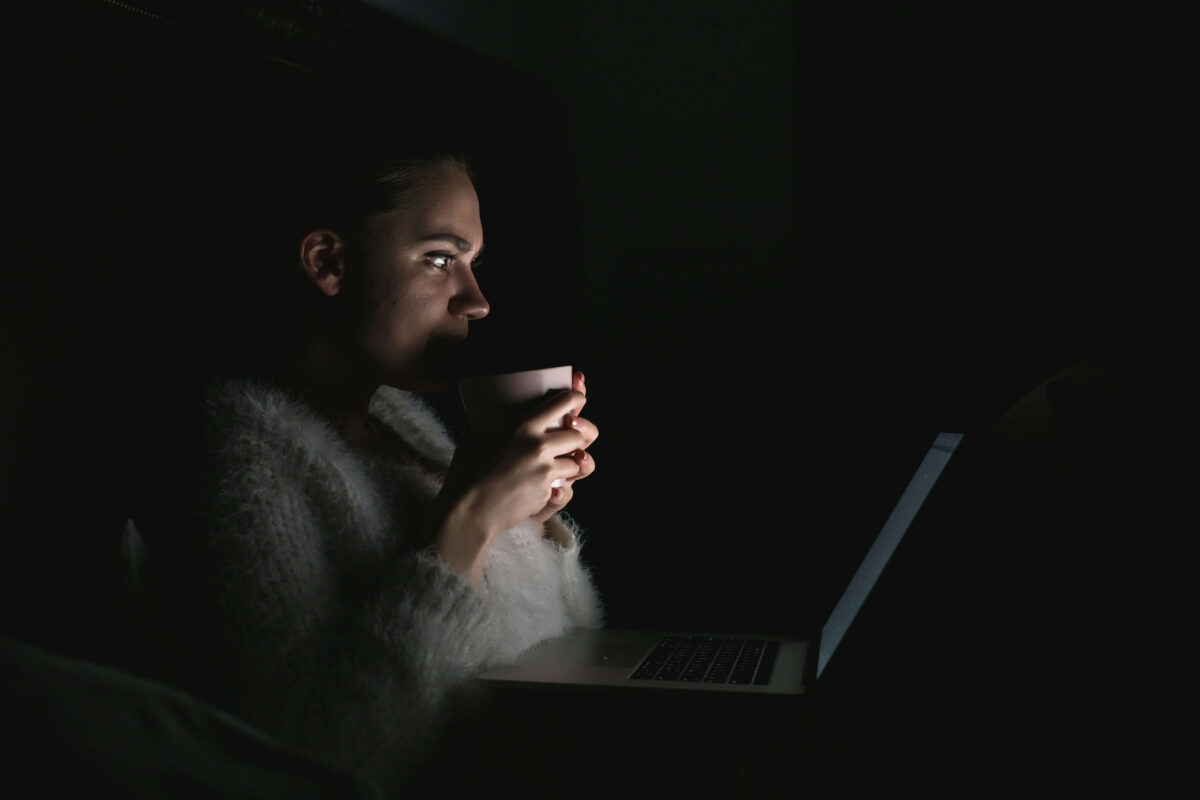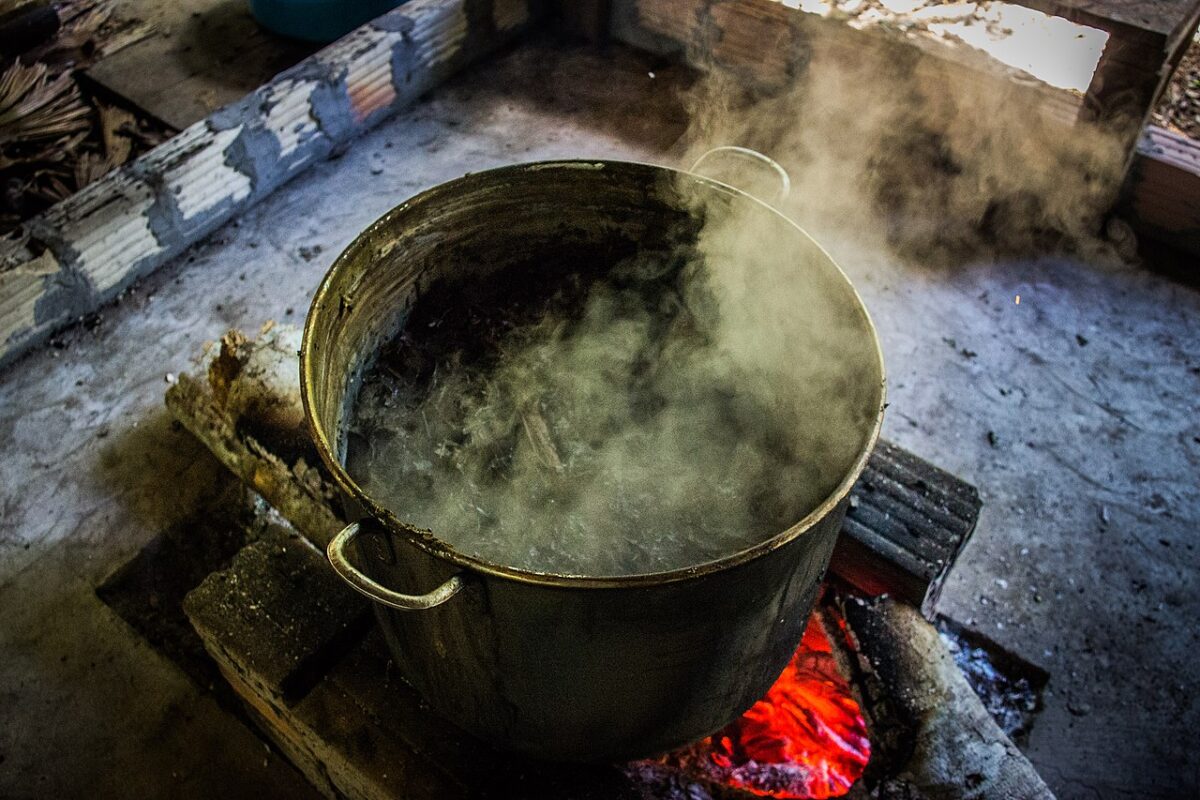The Power of “US”
Bringing Evidence to Experience
Advancing Real-World Psychedelic Research and Science-Backed Education.
The Power of US Starts with YOU.
Unlocking the Healing Potential of Natural Medicine
Our Mission: To advance the conversation around psychedelics with integrity, empathy, and evidence.
Our work empowers people to navigate their own health journeys, especially when conventional treatments fall short.
Reclaiming Identity Through Ceremonial Ayahuasca
Our recent study explores the therapeutic potential and risks of ceremonial ayahuasca use within LGBTQ+ communities. This groundbreaking research spotlights the realities of the queer experience, offering insight into how psychedelic journeys can support identity, resilience, and recovery in safe, affirming spaces. This work is featured in the documentary Queer Medicine.
Reshaping the Future of Psychedelic Research
Research For The People, By The People
We’re creating a collection of real-world data on psychedelic use so we can better understand how psychedelics are actually being used.
Our real-world psilocybin study from 2020 is still the largest in the world, with over 8000 participants. Our first publication (of many) from the study has more views than 99% of all published articles in Frontiers in Psychiatry.

Expanding Access To Psychedelic Education
In 2024, we launched the world’s first Psychedelic Info Line, offering free, confidential and evidence-based guidance (from real humans) to anyone with questions about psychedelics. Our extensive library of peer-reviewed studies sources data from thousands of research participants worldwide.

Chat with AURA AI
Created to expand the reach of our trusted Psychedelic Info Line, AURA gives you an always-on opportunity to get compassionate, non-judgmental answers to your psychedelic questions about natural medicine. It’s like having a dedicated research assistant, educator, and community expert available 24/7, right where you need her.
Ready to Chat with AURA? She's already at your fingertips. Look for the black circle icon with AURA's logo in it, at the far right side of your screen, and click it to start your conversation.
NEW in 2026: Expert-Led Online Courses for Psychedelic Education
Explore our course catalog, which is rooted in psychedelic research, lived experience, and practical application. Whether you're looking for creative integration tools, recovery insights, or guidance on Colorado's Natural Medicine Health Act, our curriculum is built to answer your questions and expand your knowledge.

We’re A Proud Partner Of The Realm Of Caring
As a pioneering nonprofit dedicated to taking the confusion out of cannabis, Realm of Caring supports thousands of families using cannabinoid therapies to navigate complex health challenges.
Latest Posts
Explore accessible, evidence-based insights to help you get clarity and stay curious.
Values that Drive Our Impact
Learn
Everyone deserves access to trusted, evidence-based information about psychedelics. We make learning easier by providing clear, reliable resources to support informed choices.
Heal
When conventional treatments fall short, psychedelics and alternative therapies offer hope. We’re reshaping the future of healing by advancing natural medicine research and sharing outcomes.
Expand
Psychedelic research often overlooks marginalized voices. We’re expanding the field by ensuring underrepresented communities aren’t just included, but centered in the science.
Frequently Asked Questions
Unlimited Sciences is a psychedelic research nonprofit that uses the power of data to serve the community, educate the public, and inform common-sense practices and policies regarding psychedelic use. At Unlimited Sciences, we’re focused on driving psychedelic research forward, and our goal is to capture observational data in real-world settings and share these results with the public. It’s estimated that over 32 million people have used some form of psychedelics in the U.S. alone. Our goal is to access this knowledge, mitigate harm, and reduce stigma through education.
Unlimited Sciences conducts IRB (Institutional Review Board) approved observational studies on psychedelic medicine and provides one-on-one direct support through our email-based Community Support platform. We partner with leading research institutions such as Johns Hopkins University (JHU), the University of California, San Francisco (UCSF), and Imperial College London (ICL) to gather real-world data on how psychedelics are being used, and the benefits and risks associated with them. Whether you’re seeking help, an advocate working in psychedelic legislation, or a health care provider seeking evidence-based research to inform best practices around psychedelic use, we’re here to support you.
With the primary goal of improving outcomes and reducing harm by offering comprehensive information on natural psychedelics, the Psychedelic Info Line navigators share knowledge from an extensive research library of peer-reviewed studies with data sourced from thousands of participants worldwide, including the world’s largest naturalistic psilocybin study sponsored and conducted by Unlimited Sciences. Serving as a critical resource that no other organization provides, the Psychedelic Info Line offers informed answers to help people with their inquiries and make decisions before psychedelic use.
It’s estimated that in the United States alone, around 10% of the population, or over 32 million people, have used psychedelics. By even the most conservative estimate, over 99% of these uses have taken place in a naturalistic setting (outside of clinical research). Observational studies observe participants in their normal environment (outside of a clinical setting) and observe how participants’ actions affect their health in real-world situations.
The data collected in observational research is often used to identify patterns or associations between different variables and to generate hypotheses or ideas that can be tested in clinical trials. In other words, observational research is often a first step in the research process. Observational research does not involve intervention or manipulation of variables, while clinical trials do. This means that observational research can be less invasive and less risky for participants.
Observational research is not just retrospective, but can be used to observe changes in health outcomes over time. Results from observational studies are regarded as a critical indicator of how outcomes translate to clinical practice. Both observational research and clinical trials are important tools for advancing scientific knowledge and understanding the world around us.
Psychedelics can benefit many individuals. Prior to widespread regulatory restrictions in the 1960s and early 1970s, serotonergic psychedelics such as lysergic acid diethylamide (LSD) and psilocybin were studied extensively. This included investigation of possible therapeutic uses of psychedelics to treat a variety of conditions, including alcohol dependence, neurosis, and existential distress. By 1965, there were more than 2,000 published articles involving over 40,000 patients that noted positive effects with various psychedelics. In recent years, research has reemerged and has begun to recognize the therapeutic potential of psychedelics to produce lasting improvements in mental health symptoms related to anxiety, depression, and substance misuse. Beyond its potential for treating psychiatric conditions, research in healthy volunteers suggests psychedelics may hold benefits more generally for psychological well-being and to enhance spiritual practices such as meditation.
In collaboration with Johns Hopkins University, Unlimited Sciences conducted the largest real-world, longitudinal study of psilocybin ever undertaken. This study followed participants through their psilocybin journey, beginning with baseline measures capturing health outcomes prior to psilocybin use, and continuing for up to 3 months after psilocybin use. Our results show that a single moderate dose of psilocybin mushrooms was associated with significant improvements in mental health, well-being, and psychological functioning. In addition to our psilocybin study, Unlimited Sciences conducted the first study of its kind to examine health outcomes of ceremonial ayahuasca use in a group of primarily women refugees and immigrants.
If you’re trying to learn more about psychedelics to educate yourself, make more informed decisions around your health, or prepare for a safe journey, our team can help. Using our own data and an extensive library of evidence-based research, we can help guide you to find answers for your questions through reliable research from peer-reviewed scientific publications. This support service is intended for educational purposes only and should not be used as a substitute for medical advice. Unlimited Sciences always recommends when and wherever possible that licensed local healthcare professionals be consulted.
In addition to our research, we our proud to offer the world’s first toll-free information line for education on psychedelic preparation.
Donate, Advocate, or Collaborate. Join the power of US. Learn more about ways you can get involved.
